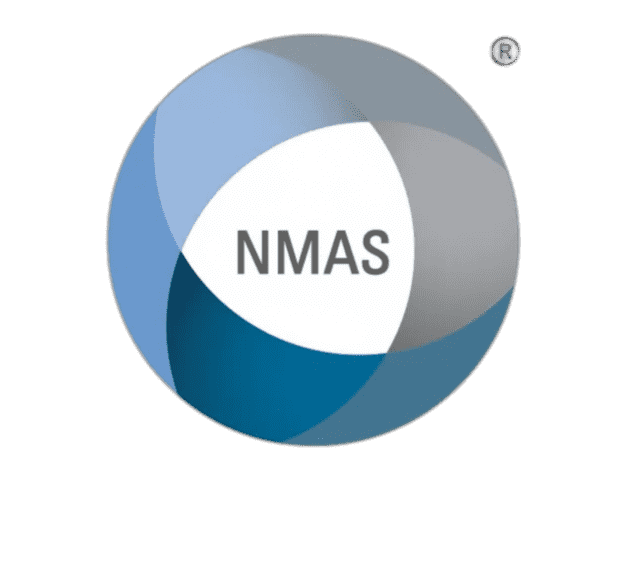Supporting injured employees in the workplace is essential for their well-being and for maintaining organisational productivity. Workplace adjustments help injured workers remain engaged, recover effectively, and transition back to their roles safely. Employers who implement well-structured support systems not only enhance employee morale but also reduce absenteeism, compensation costs, and disruptions to business operations. At ELEV8 Consulting, we work with businesses to develop tailored workplace adjustment strategies that prioritise both employee recovery and operational efficiency.

Understanding Workplace Adjustments
Workplace adjustments involve modifying job roles, tasks, or environments to accommodate injured employees. These adjustments help individuals continue working while managing their recovery, preventing further injury and ensuring long-term job retention. Effective workplace adjustments vary depending on the nature of the injury, job requirements, and organisational capacity but typically focus on physical modifications, work flexibility, and role adjustments.
Key Workplace Adjustment Strategies
- Assessing Employee Needs and Work Capacity
Understanding an injured employee’s limitations is the first step in implementing effective adjustments. Employers should conduct assessments with healthcare providers to determine the employee’s physical and cognitive capacity. Collaborating with rehabilitation specialists ensures that adjustments align with medical advice and promote recovery without causing further harm. Open discussions between employees, supervisors, and HR professionals help identify practical solutions tailored to individual circumstances. - Modifying Work Duties and Responsibilities
Gradual reintroduction to work can prevent strain and aid in rehabilitation. Employers can assign modified or alternative duties that align with an employee’s recovery progress. This may involve reducing physical demands, reallocating strenuous tasks, or providing assistive tools to ease workloads. Where possible, offering light duties allows employees to remain productive while avoiding tasks that could worsen their condition. - Adjusting Work Schedules and Offering Flexibility
Flexible work arrangements can significantly benefit injured employees, enabling them to manage medical appointments and rehabilitation sessions without added stress. Options such as reduced working hours, phased returns, and remote work arrangements help employees balance their health needs with job responsibilities. Allowing employees to gradually increase their workload as they recover ensures a smoother transition back to full capacity. - Enhancing the Physical Work Environment
Workplace modifications can improve accessibility and reduce discomfort for employees recovering from injuries. Ergonomic adjustments, such as height-adjustable desks, specialised seating, or modified equipment, can support employees with musculoskeletal injuries. In roles that require manual handling, providing lifting aids or restructuring workflows can prevent strain and promote safer working conditions. Creating a safe and adaptable environment helps employees regain confidence in their ability to perform their roles effectively. - Providing Psychological and Social Support
Injuries not only affect physical health but can also impact mental well-being. Employers should foster an inclusive and supportive workplace culture where injured employees feel valued and respected. Providing access to Employee Assistance Programs (EAPs) for mental health support, offering peer mentoring, and maintaining open communication help employees feel more secure during their recovery journey. Encouraging team members to be understanding and inclusive creates a positive atmosphere and reduces feelings of isolation. - Developing a Structured Return-to-Work Program
A clear return-to-work program provides guidance for both employees and employers, outlining steps for reintegration into the workplace. These programs should be flexible, regularly reviewed, and adapted as needed to accommodate changes in an employee’s condition. Regular check-ins with injured employees allow for adjustments and ensure they are progressing toward a full return to work. Employers should also document all workplace modifications and review their effectiveness in supporting recovery.
The Role of Employers in Facilitating Workplace Adjustments
Employers play a crucial role in fostering a supportive and inclusive work environment for injured employees. Providing necessary training for managers and HR personnel on workplace injury management ensures that adjustments are effectively implemented. Employers should stay informed about legal obligations and workplace safety regulations to ensure compliance and fair treatment of injured workers. Establishing clear policies on workplace adjustments promotes consistency and fairness across the organisation.
ELEV8 Consulting’s Approach to Workplace Adjustments
ELEV8 Consulting partners with organisations to develop effective workplace adjustment strategies tailored to their unique needs. Our approach includes conducting comprehensive assessments to determine suitable adjustments, providing training for employers on workplace injury management, implementing flexible return-to-work plans, and ensuring compliance with workplace health and safety standards. Our goal is to create an inclusive workplace where employees feel supported in their recovery while contributing to organisational success.
Conclusion
Workplace adjustments are essential in ensuring that injured employees can recover while remaining engaged at work. By implementing practical strategies such as modified duties, flexible work arrangements, ergonomic improvements, and structured return-to-work programs, employers can foster a positive and inclusive work environment. ELEV8 Consulting provides expert guidance to help businesses create sustainable workplace adjustment strategies that benefit both employees and employers, ensuring long-term success and workplace well-being.








